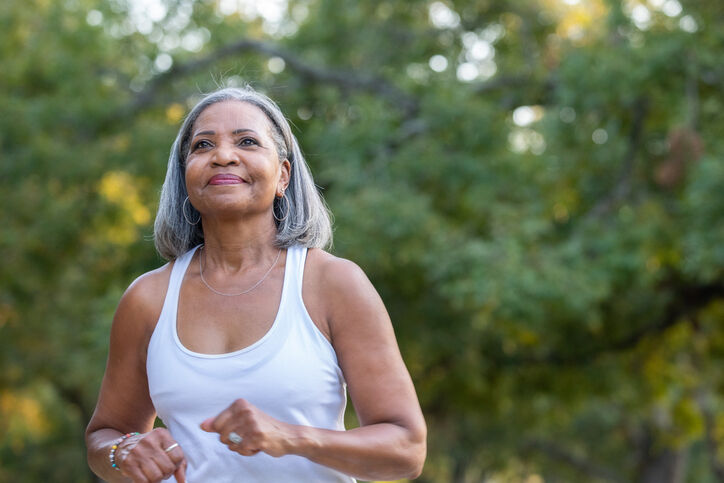Is Having Varicose Veins Considered a Disability?
The Social Security Administration (SSA) has no dedicated listing for varicose veins. Nonetheless, it is possible to qualify for disability benefits. Learn how to navigate this knotty process.
Varicose veins, a symptom of chronic venous insufficiency
(CVI) caused by weak vein walls or damaged valves, is a common condition that affects many people, especially as we age. According to the AHA Journal Circulation, 23 percent of US adults have varicose veins. If spider veins (known medically as telangiectasias) were factored into this equation, 80 percent of men and 85 percent of women have this visible symptom of chronic venous disease.
Twisted, enlarged varicose veins can cause leg pain, cramping, skin changes including discoloration, restless legs, and even incapacity in some cases. But is having varicose veins considered a disability under the legal definition? The answer to this question is not clear-cut.
The definition of disability
According to the Americans with Disabilities Act (ADA), a disability is defined as “a physical or mental impairment that substantially limits one or more major life activities.” Using this definition, having varicose veins, in and of itself, would not typically be considered a disability under this definition.
However, the Social Security Administration (SSA) has determined chronic venous insufficiency to be one of the disabling conditions that can qualify a person to receive Social Security Disability benefits. SSA’s impairment listing manual, known as the Blue Book, CVI is listed as a cardiovascular ailment. To qualify, the condition must meet specific diagnostic criteria related to the severity of the impairment the condition causes, as follows:
- Your CVI affects at least one of your legs, causing insufficient or obstructed blood flow in the deep veins,
AND
- Extensive and lasting edema in 2/3 of your lower leg, from knee to ankle, or 1/3 of your entire leg, from hip to ankle,
OR
- Consistent or ongoing, recurrent skin ulcerations or stasis dermatitis that persists for a minimum of three months despite following prescribed treatments.
To receive Social Security Disability benefits, the complications of CVI must impair the person’s ability to earn a living and be in an advanced state. The more severe the obstruction in the deep venous system, the more likely you will be awarded benefits. Documentation is essential to prove that all the criteria are met. Nearly three of every four applications for disability benefits are denied the first time.
When are varicose veins considered a disability?
While having varicose veins is not a disability under the law, varicose veins can lead to other health conditions that may qualify as a disability under the ADA. For example, varicose veins can cause skin ulcers, which can be a significant impairment. Additionally, varicose veins can lead to chronic pain and fatigue, which can also be a disability.
Furthermore, varicose veins can also be considered a disability in certain situations, such as preventing an individual from performing their job. In some cases, varicose veins may make it difficult or impossible for an individual to stand or walk for long periods, which could impact their ability to work.
It's worth noting that determining whether varicose veins are considered a disability will vary on a case-by-case basis. Factors such as the severity of the varicose veins, whether they are causing any other health conditions, and their impact on the individual's life will be considered. It is essential to consult with a medical professional to determine if your varicose veins qualify as a disability.
Get the vein treatment you need to live your best life
Whether considered a technical disability or not, having varicose veins can negatively affect your quality of life. In some circumstances, it can lead to other serious health conditions, such as ulcers and deep vein thrombosis (DVT).
If you are suffering from painful, crampy, itchy, heavy legs and suspect that you might have vein disease, you owe it to yourself to have a check-up with a board-certified vein specialist. Often varicose veins can be managed through lifestyle adjustments, such as weight loss, exercise, and wearing compression stockings, or with one of many minimally invasive treatment procedures.
Visit Center for Vein Restoration (CVR) to get the answers (and help!) you need to live a beautiful, pain-free life. Call 240-965-3915 to speak to a helpful Patient Services Representative (Nosotros hablamos español!) to find a CVR vein clinic near you. Or, schedule a consultation ONLINE.

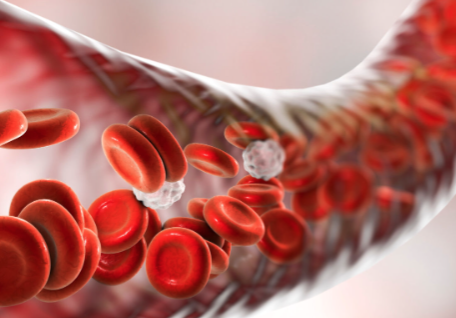 About Vein Disease
About Vein Disease
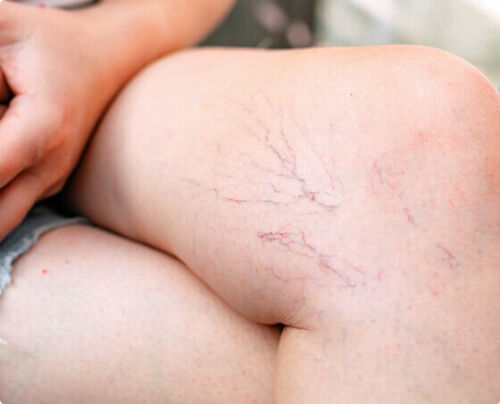 Spider Veins
Spider Veins
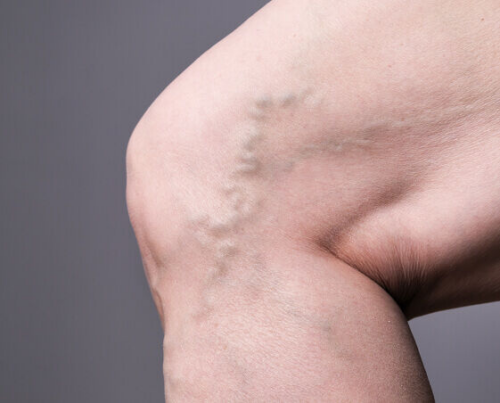 Varicose Veins
Varicose Veins
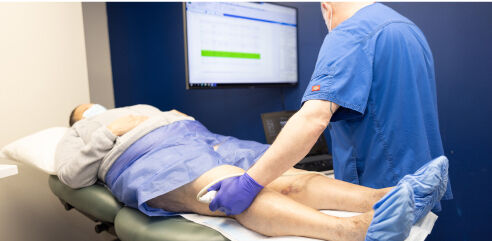 Vein Disease Treatments
Vein Disease Treatments
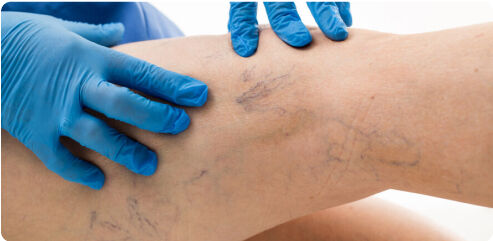 Treating Spider Veins
Treating Spider Veins
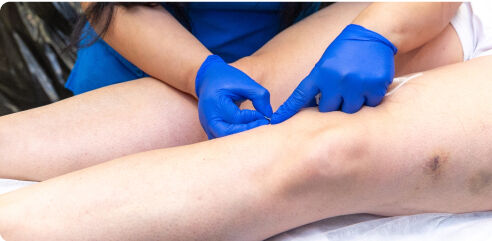 Treating Varicose Veins
Treating Varicose Veins
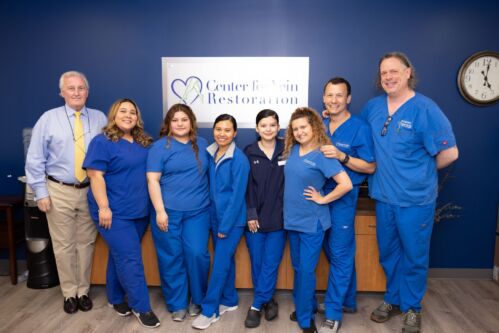 About Us
About Us
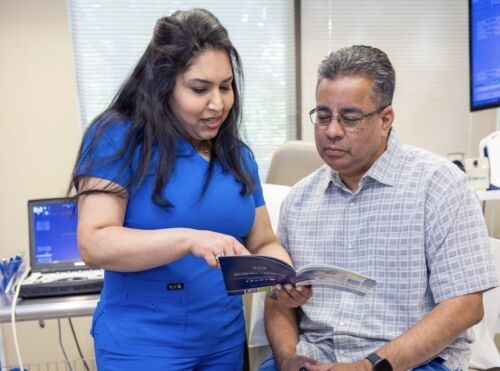 Patient Resources
Patient Resources
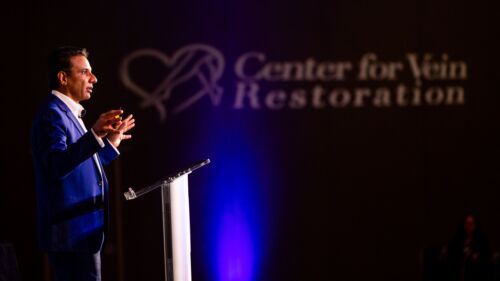 Physician Resources
Physician Resources


